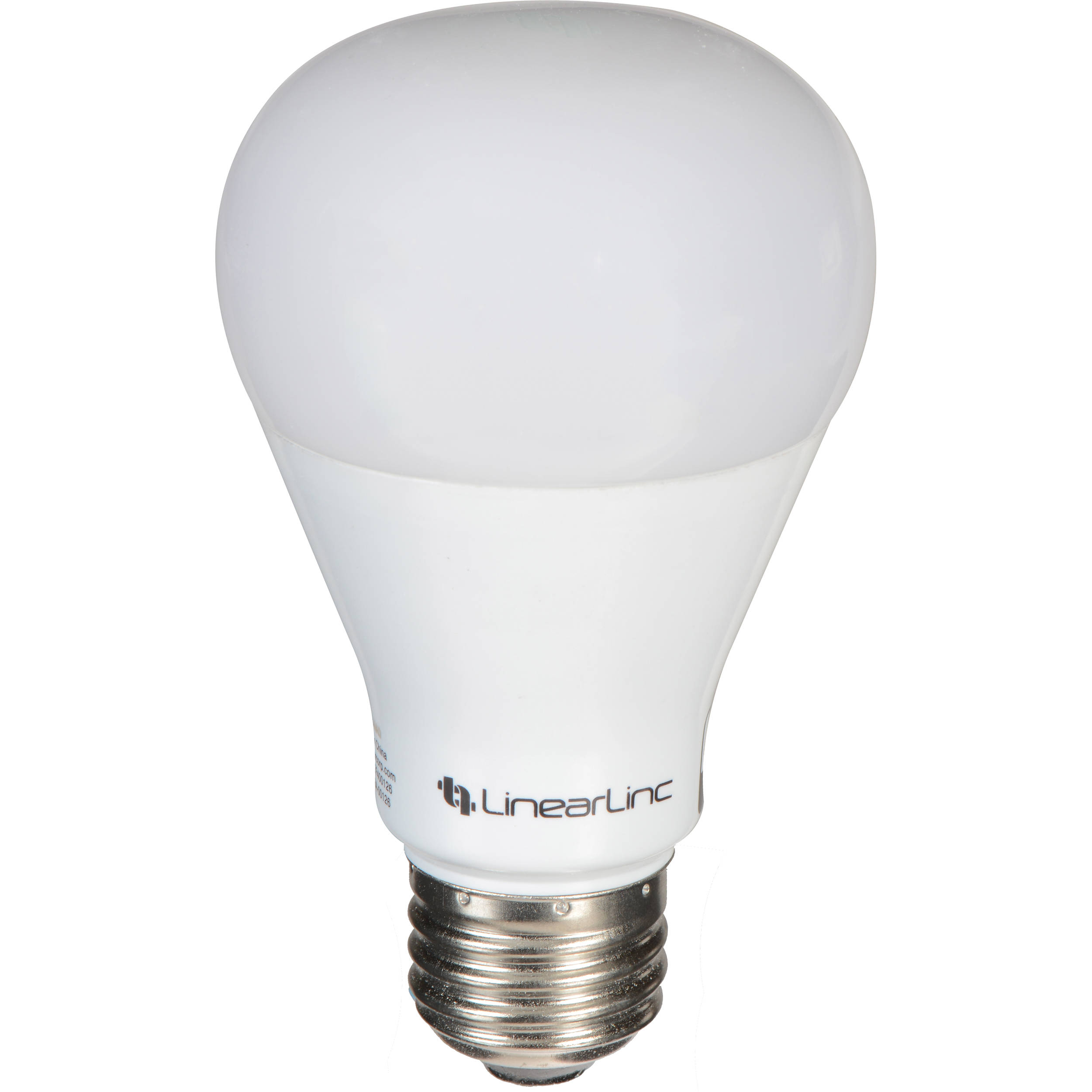this post was submitted on 03 Nov 2023
121 points (92.9% liked)
Asklemmy
43810 readers
875 users here now
A loosely moderated place to ask open-ended questions
If your post meets the following criteria, it's welcome here!
- Open-ended question
- Not offensive: at this point, we do not have the bandwidth to moderate overtly political discussions. Assume best intent and be excellent to each other.
- Not regarding using or support for Lemmy: context, see the list of support communities and tools for finding communities below
- Not ad nauseam inducing: please make sure it is a question that would be new to most members
- An actual topic of discussion
Looking for support?
Looking for a community?
- Lemmyverse: community search
- sub.rehab: maps old subreddits to fediverse options, marks official as such
- !lemmy411@lemmy.ca: a community for finding communities
~Icon~ ~by~ ~@Double_A@discuss.tchncs.de~
founded 5 years ago
MODERATORS
you are viewing a single comment's thread
view the rest of the comments
view the rest of the comments

I've heard the explanation that they don't dissipate heat well and their lives are shortened because of the fixture they're placed in. With incandescent bulbs, heat wasn't the issue it is with LEDs.
And the ability to dissipate that heat apparently depends a lot on the orientation of the bulb (socket up or down), enclosures, etc., so you can end up replacing LED bulbs in certain fixtures more frequently than others.